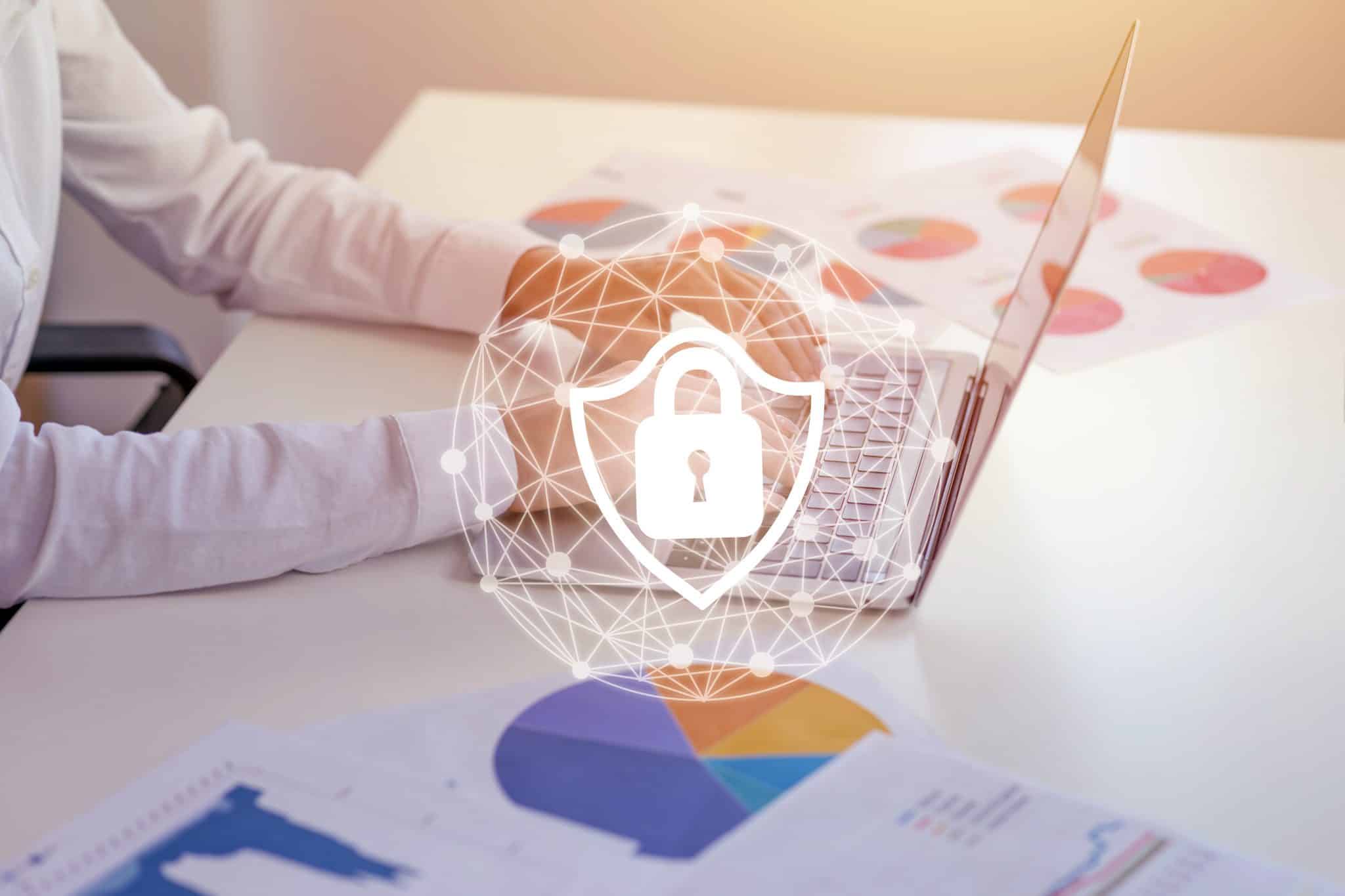Paid vs. Free Antivirus
When protecting a business environment, antivirus is exceptionally essential. Antivirus software ensures detection, prevention, and removal of viruses, including malware. Without antivirus software, your data might as well be wearing a neon sign saying, “I’m here!”. Vulnerable data can be stolen, or worse, held for ransom with ransomware. Viruses infiltrate your networking systems primarily through downloading files that are infected. Spam mail, including any attachments or visiting untrusted websites that you are unaware of, are a few ways your computer can obtain a virus. Of course, you don’t mean to infect your computer; you just wanted to play a simple game at work on your “lunch break.” We get it! Antivirus software will detect and remove threats; therefore, you can be more aware of which links and downloads to trust and which ones to avoid. There are many antiviral programs out there; today, we discuss the difference between paid versus free antivirus.
Security
It is no secret that almost everything can be accomplished online. Many individuals provide private information online from daily purchases, banking, clinic tests results, applications, or forms. When it comes to business, you want to ensure your customer/client information, as well as any business documentation, is entirely secure. Compromised data can lead to violation of (private information) client confidentiality, financial loss or legal repercussion, and reputation impairment. Any of the mentioned violations are not to be taken lightly. Any time taken to recover from the damages will interrupt daily operations and workflow. Therefore, paid antivirus will provide additional security measures to protect sensitive data. Free antivirus can only offer minimal protection.
Support
A computer virus can strike anytime, especially when proactive and preventative measures are not in place. When faced with annoying pop-up ads or lagging computer functions, a common reaction is to unplug, shut off, or ignore the issue. However, those are just a few signs indicating that there may be a virus attacking your network system. Other signs include the browser redirecting your initial command, frequent error messages, strange emails sent from your account without you knowing, random addition of applications, slow performance, and missing files. If you should encounter any of these signs, it is critical to take immediate action. Paid antivirus offers 24/hour support with rapid response times. Paid antivirus software companies also have a team dedicated to combating active threats. Therefore, providing immediate customer and technical support. Free antivirus programs offer basic customer support, which can be obtained by email. Thus, slower response time and no quick solution.
Quicker updates alerting you to take action
Lastly, paid antivirus tends to have additional features, such as efficient clean-up algorithms, faster detection of new viruses, and identity protection. When cleaning infected files, paid antivirus programs are better equipped to alert you and tackle most components that have been compromised. Most paid antivirus programs will immediately identify the threat, update you on new threats and alert you if there has been any suspicious activity involving personal information. Therefore, by alerting you instantly, you can take the appropriate action.
So which is better, paid antivirus or free antivirus? The obvious answer is paid antivirus. Contact Priority Networks today for more information on how to protect your computer network systems.




